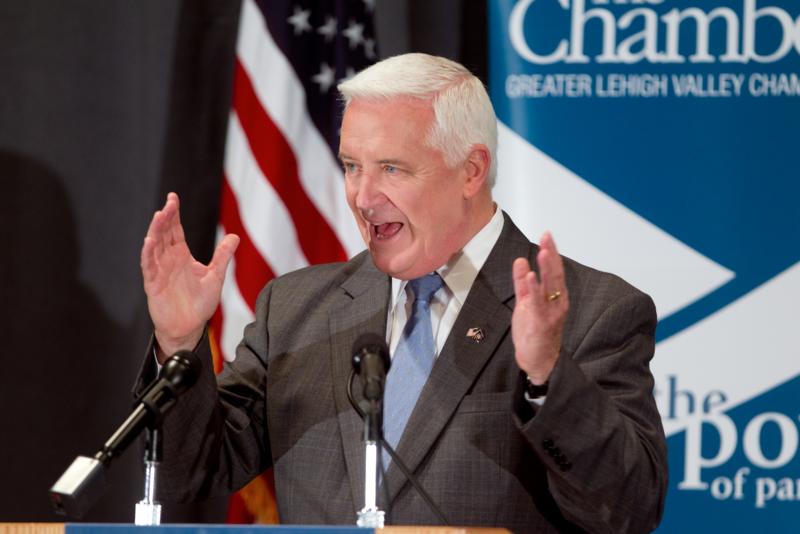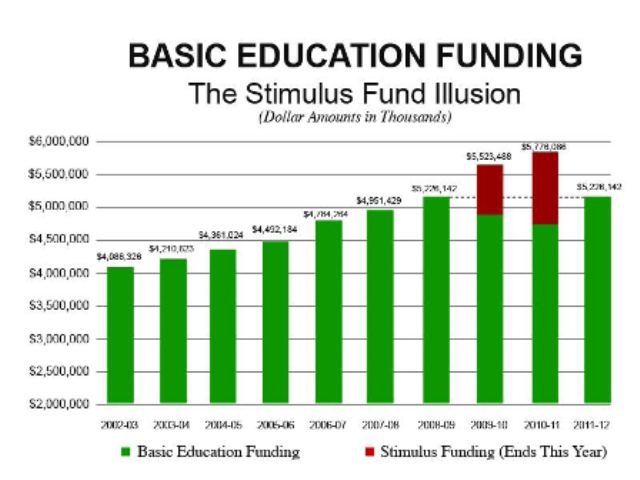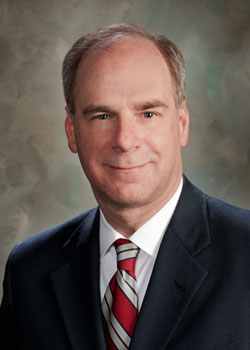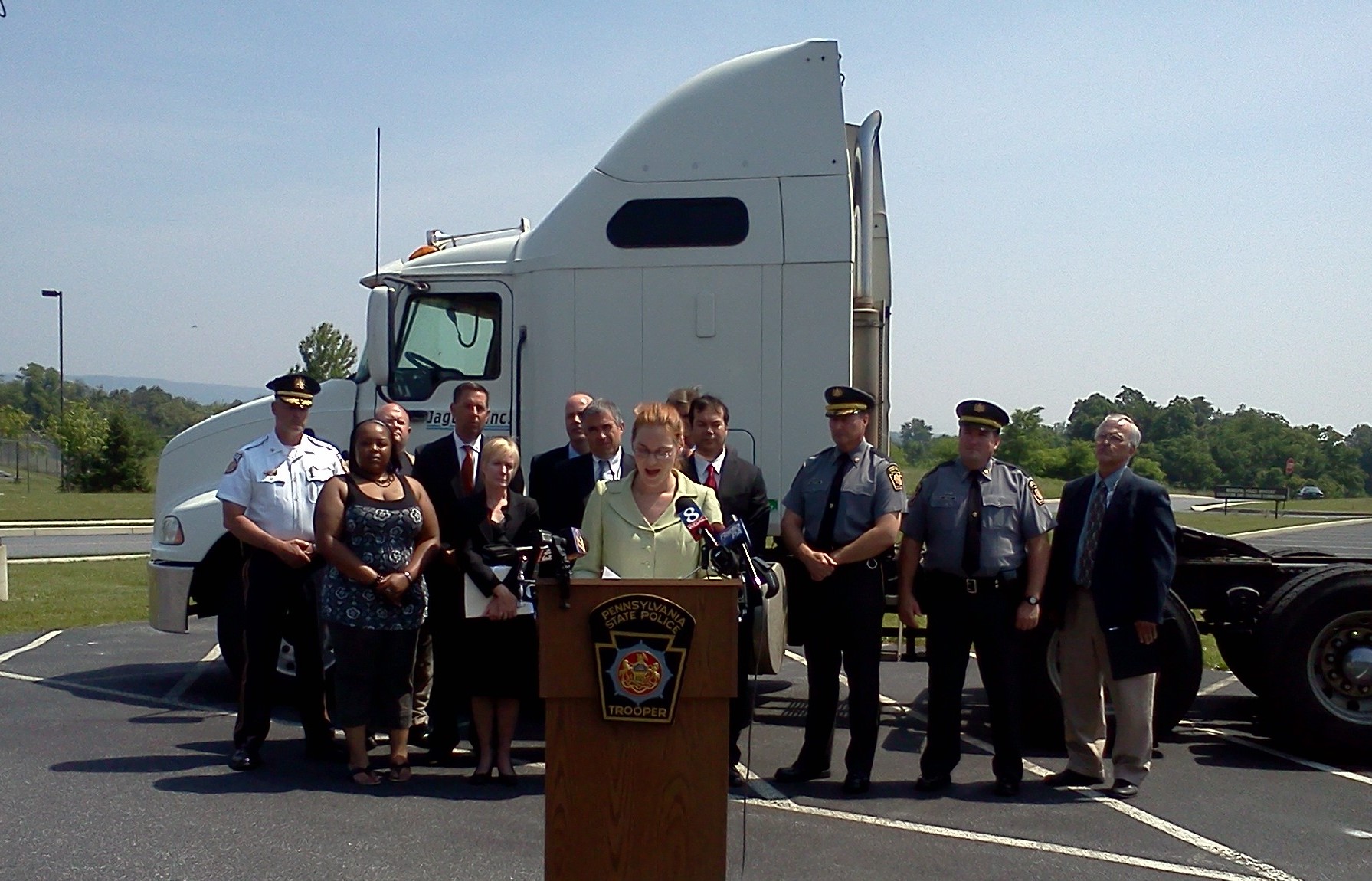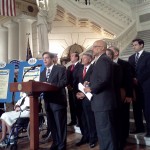Transportation Commission Works Toward August Goal
The Transportation Funding Advisory Commission, created by Governor Tom Corbett’s executive order, is on pace to submit recommendations by August 1st. PennDOT spokesman Dennis Buterbaugh says the objective is to find another $2-billion to $2.5-billion dollars to annually inject into Pennsylvania’s transportation infrastructure. That’s the majority of an annual $3-billion dollar transportation funding gap that was identified in a previous study.
So what is the commission discussing? “It can be something as small as eliminating the annual registration sticker on your license plate. That can save the Commonwealth some money. Many states have taken that step,” Buterbaugh tells us. Another simple step that may be recommended involves the drivers license renewal process. “Currently the drivers license time is four years. There’s been talk about possibly extending that, because there’s a cost savings to the Commonwealth,” Buterbaugh adds.
As far as big ticket items go, Buterbaugh confirms the commission did hear a presentation on the possible tolling of Route 422 in the southeast. Tolling may or may not be a part of the recommended solution. “But the Commission is not going to make any decision on any specific route”
A hike in the gas tax appears to be off-the-table. “The gasoline tax is a little bit like chasing your tail,” PennDOT Secretary Barry Schoch recently said. Schoch is also chairman of the governor’s commission. Their next meeting is set for June 27th in Harrisburg.



